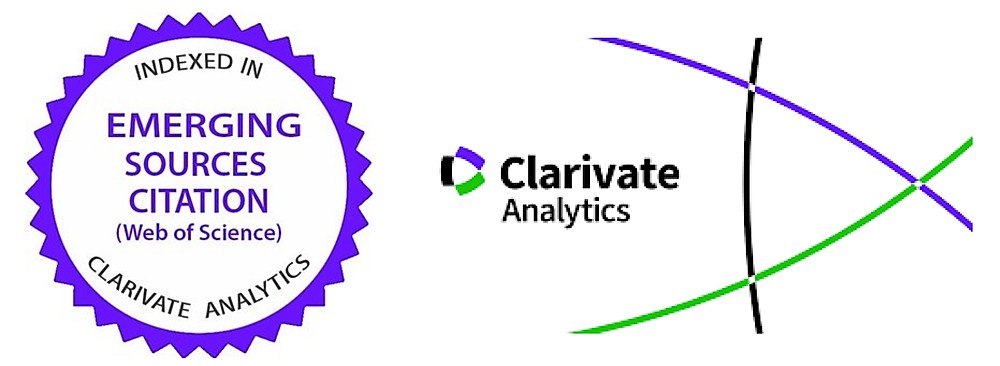Competitiveness - Higher Education
Abstract
Involvement of European Union plays an important role in the areas of education and training equally. The member states are responsible for organizing and operating their education and training systems themselves. And, EU policy is aimed at supporting the efforts of member states and trying to find solutions for the common challenges which appear. In order to make our future sustainable maximally; the key to it lies in education. The highly qualified workforce is the key to development, advancement and innovation of the world. Nowadays, the competitiveness of higher education institutions has become more and more appreciated in the national economy. In recent years, the frameworks of operation of higher education systems have gone through a total transformation. The number of applying students is continuously decreasing in some European countries therefore only those institutions can "survive" this shortfall, which are able to minimize the loss of the number of students. In this process, the factors forming the competitiveness of these budgetary institutions play an important role from the point of view of survival. The more competitive a higher education institution is, the greater the chance is that the students would like to continue their studies there and thus this institution will have a greater chance for the survival in the future, compared to ones lagging behind in the competition. Aim of our treatise prepared is to present the current situation and main data of the EU higher education and we examine the performance of higher education: to what extent it fulfils the strategy for smart, sustainable and inclusive growth which is worded in the framework of Europe 2020 programme. The treatise is based on analysis of statistical data.



























